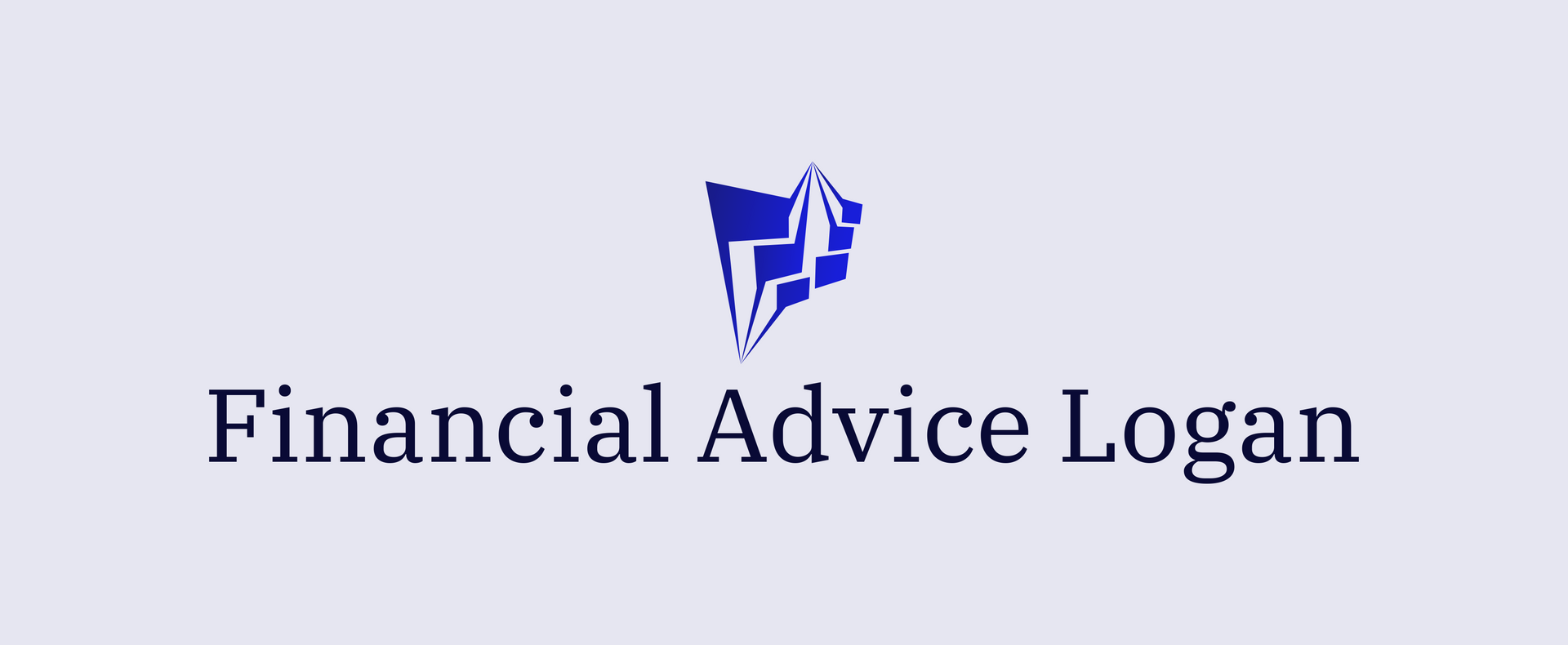How to Spot a Trustworthy Financial Advisor: Red Flags and Green Lights
Finding a trustworthy financial advisor can feel a bit like dating; it involves searching for the right connection, a good compatibility match, and a solid understanding of each other’s goals. Selecting the right financial advisor is crucial for securing your financial future, but not all advisors are created equal. So, how do you sift through the noise and identify the red flags and green lights when evaluating potential candidates? Let’s break it down into a few key talking points.

Fee Structure Transparency
First and foremost, you want to make sure you're clear on how your potential advisor is getting paid. A financial advisor's fee structure should be transparent and straightforward. Are they charging a flat fee, a percentage of assets under management (AUM), or earning commissions on products they sell? Trustworthy advisors are upfront about their fees and provide a detailed breakdown of how and when you’ll be charged. If the details seem murky or if they encourage you to sign without discussing fees—consider that a red flag!
Fiduciary Responsibility Explained
Next, let’s talk about fiduciary responsibility. A fiduciary is legally bound to act in your best interest, putting your financial well-being ahead of their own profit. If an advisor claims to be a fiduciary, ask them to confirm it in writing. If they seem hesitant or dodge the question, that’s a yellow light—maybe even a red one. On the flip side, if they eagerly present their fiduciary status, complete with a thorough explanation of what that entails, you can take that as a green light!
Credentials Verification Process
Credentials matter in any profession, but especially so in finance. Look for advisors with recognized designations like CFP (Certified Financial Planner), CFA (Chartered Financial Analyst), or others specific to their area of expertise. These certifications not only ensure a certain level of education but also ongoing training and adherence to professional standards. Don’t hesitate to verify their credentials through the issuing organizations; it’s not just your right—it's your responsibility!
Communication Style Assessment
Effective communication is vital in any advisor-client relationship. You want someone who can break down complex topics into digestible information without feeling condescending. During your initial meetings, pay attention to how they communicate. Are they engaging, warm, and can they adapt their explanations to your level of understanding? If the advisor speaks over your head or seems dismissive of your questions, it’s time to consider a different option. A good advisor should make you feel comfortable while guiding you through those financial discussions.
Client Reference Importance
Finally, don’t shy away from asking for client references. A strong, trustworthy advisor should have happy clients eager to share their experiences. Authentic testimonials and success stories can provide insight into what you can expect from your relationship with the advisor. Use this opportunity to ask specific questions such as, “How do they handle market downturns?” or “What is their approach to risk management?” If an advisor is reluctant to share references, that’s a red flag. An eager advisor who comes with a wealth of positive client stories is a big green light.
In conclusion, spotting a trustworthy financial advisor involves looking for clear communication, transparency about fees and structures, strong credentials, fiduciary responsibility, and solid client references. Investing time in this process can pay off significantly in the long run as you partner with an advisor committed to your financial success. Trust your instincts, do your research, and you’ll find a reliable financial partner who can guide you every step of the way!
If you have any questions or need assistance in finding a financial advisor, feel free to reach out to us at Financial Advice Logan or give us a call at 07 3132 3732. Here’s to a financially secure future!





